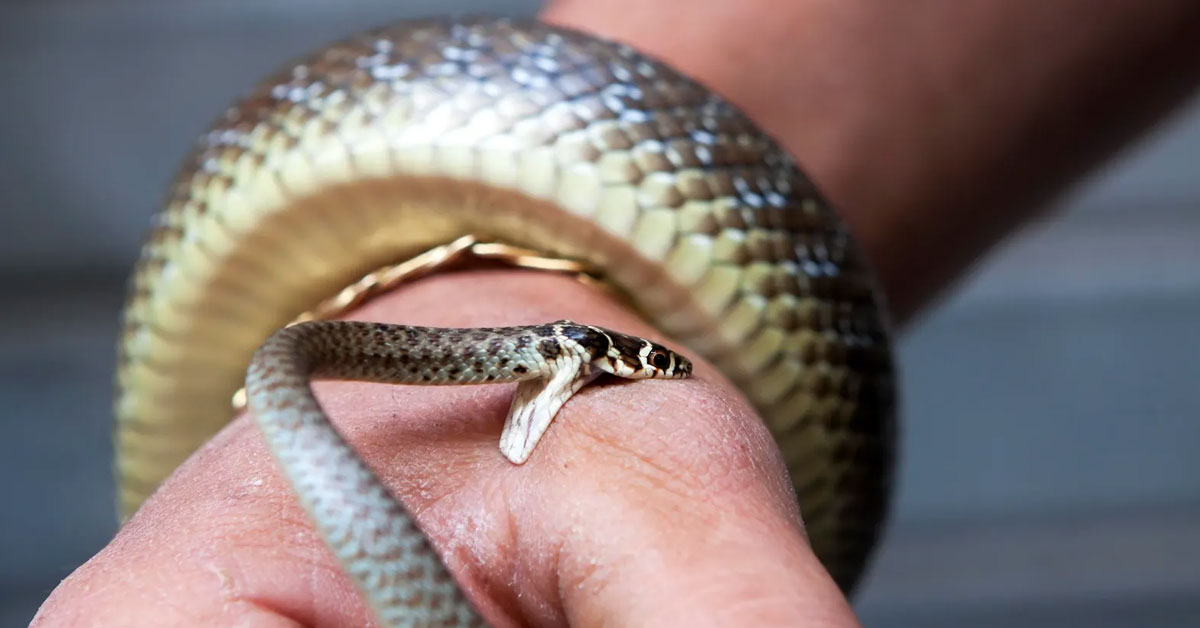A controversial study that involved stepping on venomous snakes to observe their biting behavior has been retracted due to ethical approval discrepancies. Published in Scientific Reports in May 2024, the paper by researchers from the Butantan Institute in São Paulo, Brazil, faced criticism for employing a “soft-stepping” technique on pit vipers—an approach that was not explicitly sanctioned by the approving ethics committee.
Ethics Violation Leads to Retraction
The study aimed to assess how different ages and species of pit vipers responded to pressure applied to their heads, tails, and midsections. However, the retraction notice issued last month stated that the ethics approval obtained did not cover newborn snakes or the soft-stepping technique.
Lead author João Miguel Alves-Nunes defended the study, attributing the retraction to a “communication error” by the ethics committee. He explained that while the initial approval covered two methods—one using a metal hook to press the snake’s body and another involving a booted foot approaching the animal—the researchers found that the metal hook could cause mouth injuries. In response, they modified the method by stepping lightly on the snakes with foam-reinforced boots to prevent harm.
“We did not even consider that this modification required an additional approval request, as this method was essentially a combination of the two already approved methods,” Alves-Nunes said.
A Controversial Experiment
Throughout the study, Alves-Nunes and his team stepped on 116 snakes, each 30 times, totaling more than 40,000 steps. During tests with a different snake species, a bite pierced through Alves-Nunes’ boot, revealing that he was allergic to snake venom and antivenom. This incident led to a mid-study reassessment of the experiment.
The researchers later sought additional approval to extend the study to newborn snakes. The ethics committee initially rejected the request due to concerns about Alves-Nunes’ allergy history and the associated risks. After co-author Adriano Fellone replaced him as the lead experimenter, the committee responded with a single word: “APPROVED.” However, the researchers later realized that the approval only applied to the personnel change, not including of newborn snakes.
Backlash and Retraction Dispute
Readers raised ethical concerns following the paper’s publication, prompting Scientific Reports to investigate. According to journal editor Rafal Marszalek, the ethical review board determined that the study exceeded its approved parameters, leading to its retraction.
Despite this, all authors disagreed with the retraction, arguing that the error was bureaucratic rather than scientific misconduct, plagiarism, or experimental flaws. Alves-Nunes called the journal’s decision “disproportionate,” emphasizing that the research upheld ethical standards regarding animal experimentation by minimizing discomfort and using as few specimens as possible.
The Future of Ethical Wildlife Research
This case underscores the importance of clear communication between researchers and ethics committees, particularly in studies involving live animals. It also highlights the ongoing debate over ethical boundaries in behavioral ecology research.
According to Clarivate’s Web of Science, the study has already been cited six times since its publication. Whether it will be republished with revised ethical approvals remains to be seen.

